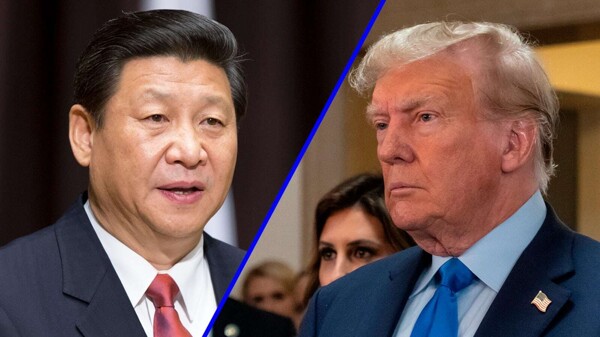The trade war between China and the United States is starting to affect the Chinese economy, with signs of contraction in manufacturing activity and a decrease in export orders. This situation is leading Chinese exporters to seek new markets to compensate for the decline in sales to the United States.
At the recent Canton Fair in Guangzhou, China, some Chinese exporters reported an increase in visitors from the Middle East and Africa, while American buyers were scarce. Companies like Liaoning Aroma International Trade, which used to focus mainly on the US market, are considering expanding to Asia, the Middle East, and Europe.
In light of the uncertainty about the future of trade relations between China and the United States, many Chinese exporters are exploring opportunities in nearby markets such as Southeast Asia and the Middle East. Despite hopes for an agreement that would reduce tariffs between the two nations, Chinese manufacturers show little optimism about it.
There is an increase in interest from potential buyers from countries like Russia, India, and those participating in the Beijing Belt and Road Initiative. Despite the uncertainty generated by the trade war, some Chinese executives are confident in expanding into new markets and the growth of domestic demand in China.
Companies like Guangdong Songfa Ceramics plan to diversify their export markets to offset the possible decline in sales to the United States. Despite these challenges, Chinese exporters are determined to adapt to the new reality of international trade and seek opportunities in markets beyond the United States.











